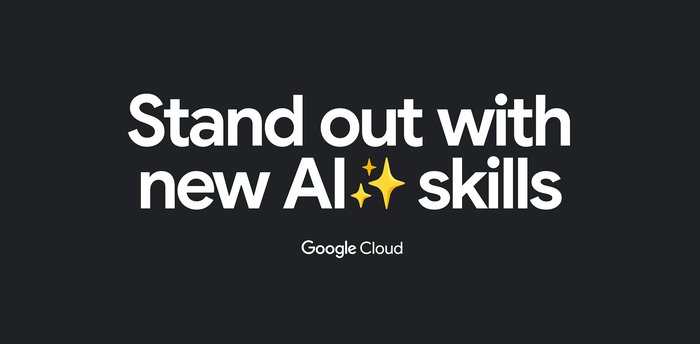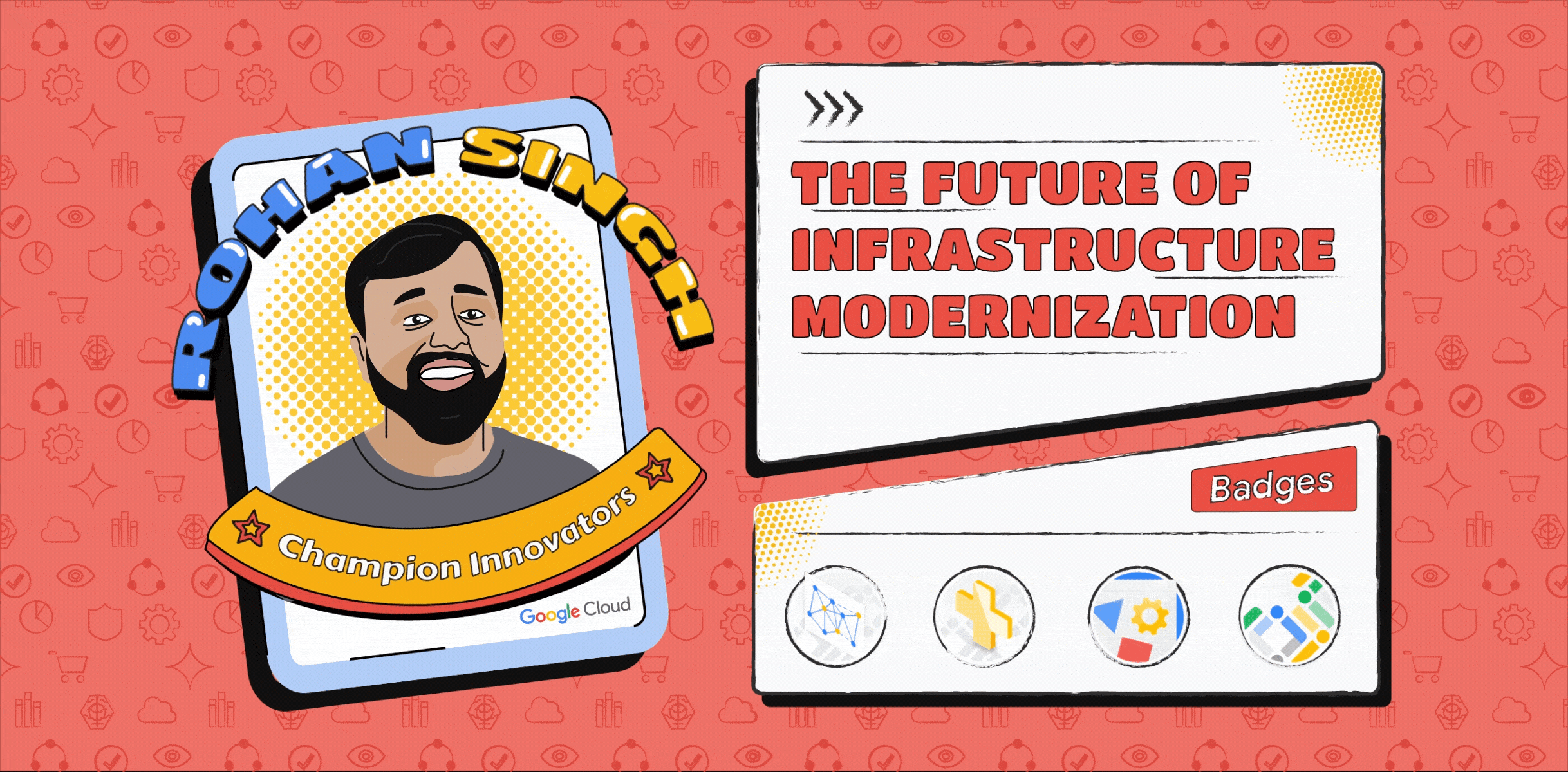Four non-traditional paths to a cloud career (and how to navigate them)
Forrest Brazeal
Head of Developer Media
One thing I love about cloud is that it’s possible to succeed as a cloud engineer from all kinds of different starting points. It’s not necessarily easy; our industry remains biased toward hiring people who check a certain set of boxes such as having a university computer science degree. But cloud in particular is new enough, and has such tremendous demand for qualified talent, that determined engineers can and do wind up in amazing cloud careers despite coming from all sorts of non-traditional backgrounds.
But still - it’s scary to look at all the experienced engineers ahead of you and wonder “How will I ever get from where I am to where they are?”
A few months ago, I asked some experts at Google Cloud to help me answer common questions people ask as they consider making the career move to cloud. We recorded our answers in a video series called Cracking the Google Cloud Career that you can watch on the Google Cloud Tech YouTube channel. We tackled questions like…
How do I go from a traditional IT background to a cloud job?
You have a superpower if you want to move from an old-school IT job to the cloud: You already work in tech! That may give you access to colleagues and situations that can level up your cloud skills and network right in your current position.
But even if that’s not happening, you don’t have to go back and start from square one. Your existing career will give you a solid foundation of professional experience that you can layer cloud skills on top of. Check out my video to see what skills I recommend polishing up before you make the jump to cloud interviews:

How do I move from a help desk job to a cloud job?
The help desk is the classic entry-level tech position, but moving up sometimes seems like an insurmountable challenge. Rishab Kumar graduated from a help desk role to a Technical Solutions Specialist position at Google Cloud. In his video, he shares his story and outlines some takeaways to help you plot your own path forward.
Notably, Rishab calls out the importance of building a portfolio of cloud projects: cloud certifications helped him learn, but in the job interview he got more questions about the side projects he had implemented. Watch his full breakdown here:

How do I switch from a non-technical career to the cloud?
There’s no law that says you have to start your tech career in your early twenties and do nothing else for the rest of your career. In fact, many of the strongest technologists I know came from previous backgrounds as disparate as plumbing, professional poker, and pest control. That’s no accident: those fields hone operational and people skills that are just as valuable in cloud as anywhere else. But you’ll still need a growth mindset and lots of learning to land a cloud job without traditional credentials or previous experience in the space.
Google Cloud’s Stephanie Wong came to tech from the pageant world and has some great advice about how to build a professional network that will help you make the switch to a cloud job. In particular, she recommends joining the no-cost Google Cloud Innovators program, which gives you inside access to the latest updates on Google Cloud services alongside a community of fellow technologists from around the globe.
Stephanie also points out that you don’t have to be a software engineer to work in the cloud; there are many other roles like developer relations, sales engineers and solutions architects that stay technical and hands-on without building software every day.
You can check out her full suggestions for transitioning to a tech career in this video:

How do I get a job in the cloud without a computer-related college degree?
No matter your age or technical skill level, it can be frustrating and intimidating to see role after role that requires a bachelor’s degree in a field such as IT or computer science. I’m going to let you in on a little secret: once you get that first job and add some experience to your skills, hardly anybody cares about your educational background anymore. But some recruiters and hiring managers still use degrees as a shortcut when evaluating people for entry-level jobs.
Without a degree, you’ll have to get a bit creative in assembling credentials.
First, consider getting certified. Cloud certifications like the Google Cloud Associate Cloud Engineer can help you bypass degree filters and get you an interview. Not to mention, they’re a great way to get familiar with the workings of your cloud. Google Cloud’s Priyanka Vergadia suggests working toward skill badges on Google Cloud Skills Boost; each skill badge represents a curated grouping of hands-on labs within a particular technology that can help you build momentum and confidence toward certification.
Second, make sure you are bringing hands-on skills to the interview. College students do all sorts of projects to bolster their education. You can do this too - but at a fraction of the cost of a traditional degree. As Priyanka points out in this video, make sure you are up to speed on Linux, networking, and programming essentials before you apply:

No matter your background, I’m confident you can have a fulfilling and rewarding career in cloud as long as you get serious about these two things:
Own your credibility through certification and hands-on practice, and
Build strong connections with other members of the global cloud community.
In the meantime, you can watch the full Cracking the Google Cloud Career playlist on the Google Cloud Tech YouTube channel. And feel free to start your networking journey by reaching out to me anytime on Twitter if you have cloud career questions - I’m happy to help however I can.



